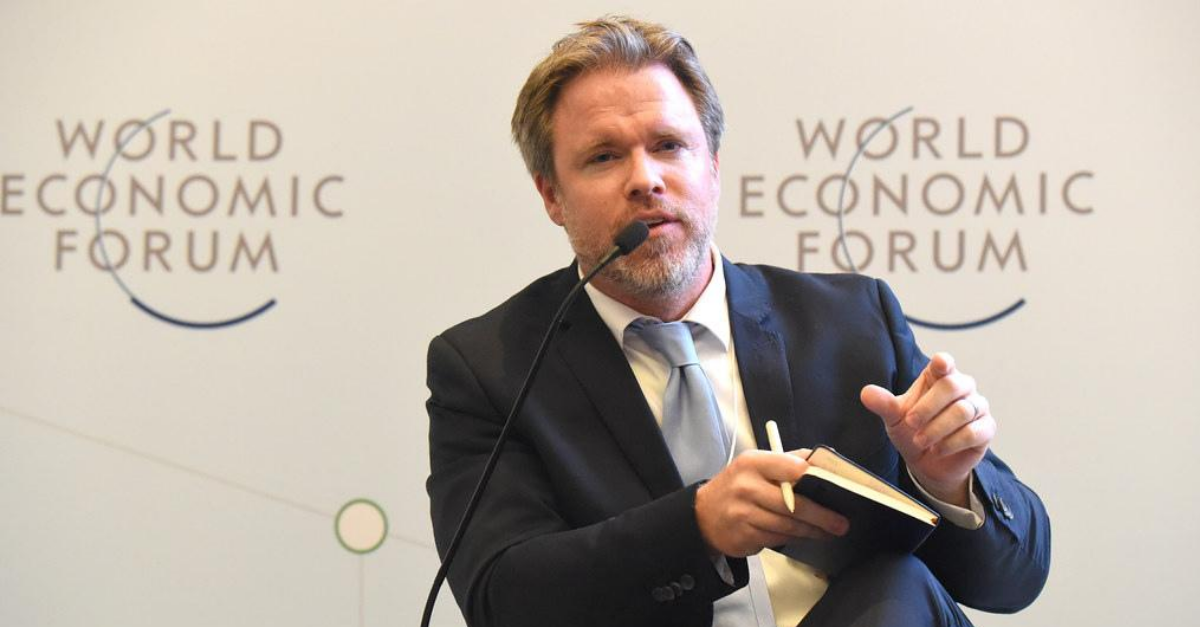Exposing organized crime in the Amazon: Q&A with Robert Muggah of the Igarapé Institute
Published in Mongabay
With Robert Muggah
Relentless deforestation has pushed the Amazon to the brink of an ecological shift from rainforest to savannah with potentially devastating consequences for climate change and biodiversity.
Home to most of the world’s tropical forest land, almost all logging in the Amazon is thought to be illegal, yet few penalties are imposed on offenders.
To address the culture of impunity, a new data visualization platform, Ecocrime, has been developed by the Igarapé Institute, which seeks to expose the organized criminal networks that sustain illicit trade in the Amazon.
Mongabay caught up with Igarapé Institute co-founder Robert Muggah this week to discuss Ecocrime, a new data visualization platform that combines visual storytelling with access to raw data on environmental crime in the Amazon.
This interview has been edited for style and clarity.
Mongabay: What prompted you to create the platform?
Robert Muggah: The Amazon is facing a catastrophic tipping point. Levels of deforestation and degradation – most of it illegal – are accelerating. Global attention to it is episodic at best. The COVID-19 crisis has reduced visibility of the issue, especially as governments, business and civil societies are preoccupied with their own challenges. The Igarape Institute is determined to ensure there is a more regular drumbeat of information available about the range of environmental crimes that are being committed in the region. With more transparency, we hope to strengthen accountability and action to pull the Amazon back from the brink.
There are still tremendous knowledge gaps when it comes to environmental crime in the Amazon. Many governments, businesses and advocacy groups are focused on just one part of a very complex problem. Understanding the ways in which different types of crimes – land grabbing, illegal logging, wildcat mining, the wildlife trade – and the networks that sustain them is a first step. Recognizing the different types of illegalities occurring at every stage of the criminal supply chain is no less important. The Institute has drawn on a combination of remote sensing tools and investigative research to help present data in an accessible format to reduce these information asymmetries.
Read more



